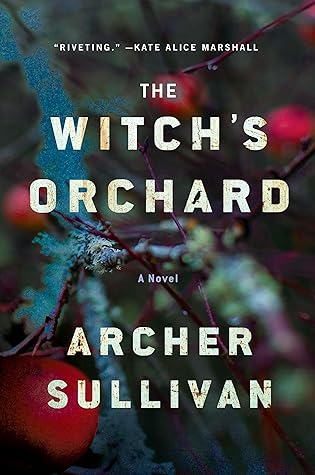More on this book
Community
Kindle Notes & Highlights
There is no photograph on my website, and I’ve noticed that I—a short, skinny, freckled woman in her early thirties with no makeup and dishwater blond hair pulled into a ponytail so often it retains the shape when let down—am not what they’ve expected when they’ve seen the résumé. The Air Force service, the degrees, the brief stint in private security, the amateur Muay Thai fights.
I grew up only a few hours from Max and his family but I was in the Air Force when the kidnappings occurred. I was half a world away, trying hard to forget all the reasons I’d joined to begin with.
There’s another pause where we both just breathe, almost silent. On his side, I hear the bells of a distant church. It’s twelve o’clock, wherever he is. Monaco, maybe. Or Madrid, Naples. Beautiful European cities with grand histories and dramatic architecture. Places like that suit Leo. I look out the window of the cabin, into the predawn gloom, the still-violet light on the cold, dewy grass. My own car in the drive is the nearest sign of human activity. Beyond that, a gravel road, an old farmhouse, a dying town. Places like this suit me.
All of us must do something with the formative pain of our early years. And even the Max in the book—at the end of the night—returned to the loving order of his mother’s home, something the real-life Max lost years ago. I glance at him and realize this is something we have in common.
Maybe if her daddy hadn’t been out of work, her mom exhausted, abused, and poverty-stricken, a sense of ruinous resilience permeating from her hungry blue eyes, the kind of woman who makes people uneasy, puts them off guard with her earnest need.
“Where are you from?” I ask. Deena’s accent lacks the hard twang of her neighbors, and her open, genteel bearing is a lot more Deep South than high holler. “Georgia, originally,” Deena says. “Savannah.”
“What do you know that you aren’t saying?” I ask. I put down my fork. Both our plates are clean, and the scent of cooking and herbs and woodsmoke hangs between us. “I heard in town that you call yourself a psychic.”
I set the cards in the middle of the table and Susan picks them up and then deals four cards, face down, in a line between us. “This,” she says, tapping the card on her farthest left and moving right, “is where you came from. This is where you are now. This one is where you are going, and this”—she taps the last card, set a little aside—“is who you are.”
“And that was no longer possible. What did they do instead?” I ask. But I already know the answer. “Army, mostly. Recruiters swooped in. It was a poverty draft.” I feel myself smile. It’s the same draft that got me. The same one that got so many other kids in Appalachia. The only path to education through a war zone.
Deena is the kind of woman who makes loneliness look elegant without being needy. Tragic without seeming desperate. And him? I guess I can see the rugged sadness that would have attracted her to him.
“You feel like you’re chasing your own tail,” Jacobs says with a softness I’ve not heard from him before, and I can understand even better what Deena must see in him.
No woman stays with a man who is bad every moment of every day. They always stay for the good moments that happen in between. They bask in the shimmer of dappled sunshine that appears between the storms. They weather everything else.
That I woke up in the hospital and my choice had been taken from me with a single bullet. That Leo had been there, had taken my hand, and had held me while I cried and told him about the pregnancy. How we felt the loss together. A choice we never got to make. A discussion we never got to have. Would we ever have it again?
My granny goes on rocking, and now I can hear the knife in her hand. She is peeling an apple. I hear the gritty rip of skin from flesh. The undoing of a thing. “Every apple has a little poison inside it,” she says. “I know,”


